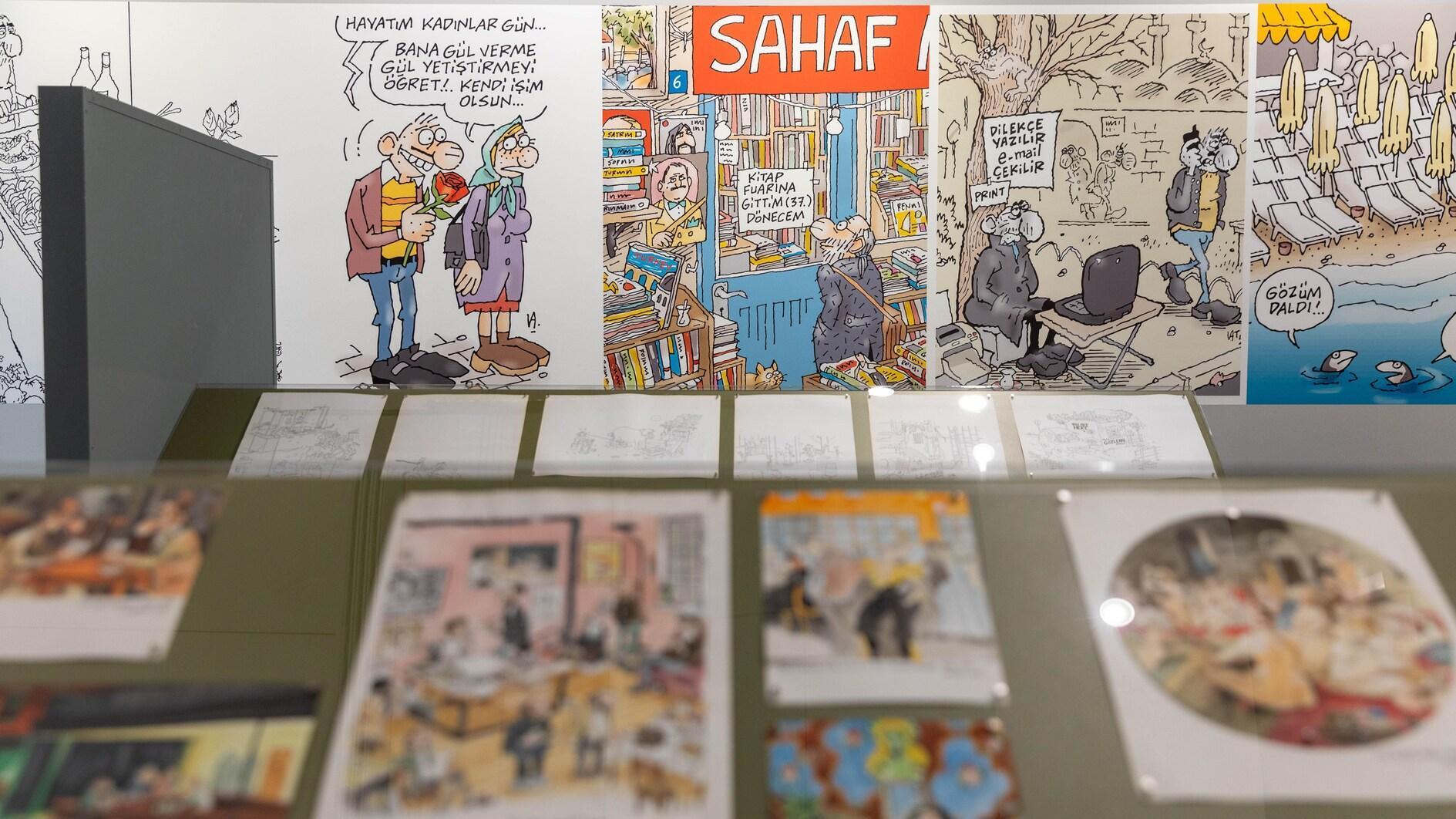The second northern Iraq risk
Northern Iraq, which the United States formed through the operation “Poised Hammer” it managed from the İncirlik Air Base for years, is today the main headquarters of the outlawed Kurdistan Workers’ Party (PKK).
After the 1991 Gulf War, Washington formed a safe zone north of the 36th parallel to restrict Saddam Hussein, thus supporting the Massoud Barzani-Jalal Talabani duo on one hand and, on the other, Abdullah Öcalan and the PKK. This support strengthened the PKK both militarily and politically. PKK attacks on Turkey increased and with time, it came to hold an influential position in northern Iraq.
The Poised Hammer which was active until the U.S. occupied Iraq in 2003 then completed its mission.
Washington rewarded Talabani by making him the Iraqi president and Barzani by making him the head of the northern Iraq Regional Kurdish Administration. It made the PKK an effective military and political power in northern Iraq.
As if that was not enough, the U.S. forced hoods over the heads of Turkish soldiers after the March 1 motion was rejected in parliament; it also targeted the Turkish Armed Forces (TSK). The defaming of the TSK occurred through the Ergenekon, “Balyoz” (Sledgehammer) and similar cases which caused major discharges.
Finally, the Fethullahist Terrorist Organization (FETÖ), which has been under U.S. protection, staged a bloody coup on July 15. The U.S. directly or indirectly supported whatever was against Turkey and the TSK.
Today, the creation of a “second northern Iraq” in northern Syria has appeared before Turkey as a serious risk.
During the northern Iraq process, the U.S. held joint meetings with PKK leaders and dropped aid from helicopters. Top-level Turkish military commanders have admitted later that the “Poised Hammer” was a huge mistake.
The U.S. is continuing its relations with the PKK under the name of the Democratic Union Party and People’s Protection Units (PYD-YPG). The PKK, on the other hand, is serving the U.S. as “its infantry” and is preparing to form a small state in northern Syria, which is a lot easier than in northern Iraq.
It is much easier because it does not have a Barzani administration and Peshmarga forces in northern Syria as in northern Iraq. It is much easier for the PKK to dominate northern Syria alone. As a matter of fact, the Syrian leg of the “United Kurdistan” project is developing much faster than the Iraq leg.
The Obama administration supported the PKK-PYD-YPG front until its last day, and under this support, PKK recorded a much faster advance in Syria’s north. In the regions it dominated, it formed the cantons Öcalan has also adopted as part of Murray Bookchin’s “communal-confederal system ideology.” Under these circumstances, U.S. President Donald Trump’s sentence, “We’ll build safe zones in Syria,” was met with “caution” – or actually “concern” in Ankara.
What Turkey meant by safe zones was the one in Jarablus where local people would return to their own towns and return to normal life in safety. If Trump meant that, then there is no problem. But, if he meant providing “security” to regions that the PKK-PYD-YPG forcefully dominate, then this will be an initiative that Ankara will oppose with all its might.
If Trump is foreseeing such a safe zone or the opening of the PKK corridor that Turkey has prevented, then the meaning of this is that the Syrian leg of the PKK project will be sped up with the hand of the U.S.
Trump’s intention has not yet been understood. However, if his intention is this, then he should know that it would not be as easy as it was in northern Iraq. In Iraq, the U.S. and U.K. were in strong positions, whereas in Syria, the conditions are not like Iraq of 2003. There is Russia, Turkey and Iran in the field. The cooperation among these three countries has been reflected at the table also.
Let us hope Trump will see this reality and refrain from making a decision to intensify or spread the war in Syria. Hopefully, he will transform the Turkey-U.S. relations that have been put off track by Obama into an allied relationship once more.











